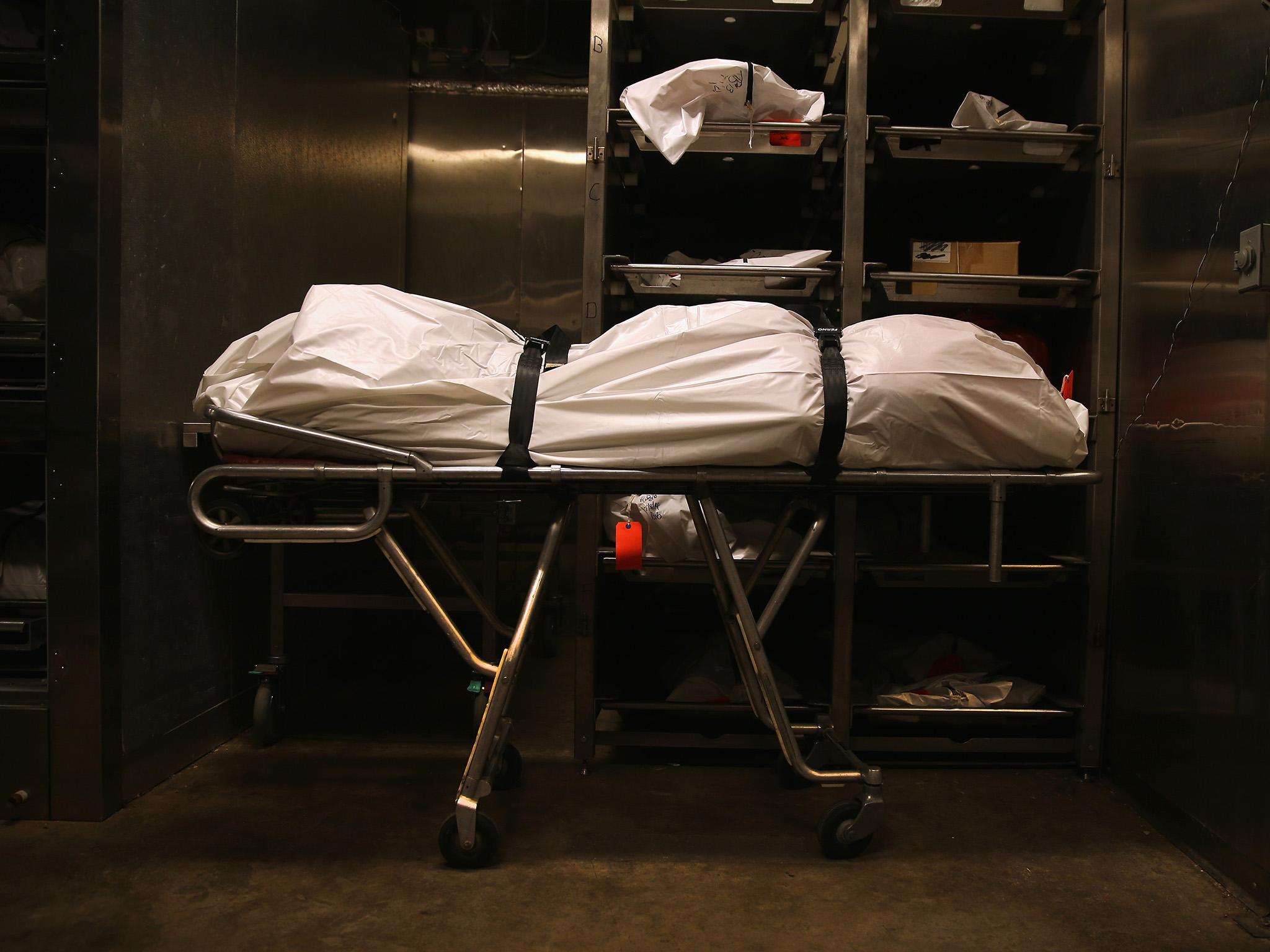Man pronounced dead by three doctors 'starts snoring' in mortuary hours before post-mortem
Gonzalo Montoya Jimenez 'had autopsy markings on him, ready to be opened up"

Your support helps us to tell the story
From reproductive rights to climate change to Big Tech, The Independent is on the ground when the story is developing. Whether it's investigating the financials of Elon Musk's pro-Trump PAC or producing our latest documentary, 'The A Word', which shines a light on the American women fighting for reproductive rights, we know how important it is to parse out the facts from the messaging.
At such a critical moment in US history, we need reporters on the ground. Your donation allows us to keep sending journalists to speak to both sides of the story.
The Independent is trusted by Americans across the entire political spectrum. And unlike many other quality news outlets, we choose not to lock Americans out of our reporting and analysis with paywalls. We believe quality journalism should be available to everyone, paid for by those who can afford it.
Your support makes all the difference.A prisoner certified dead by three doctors was reportedly found to be alive just hours before his post-mortem.
Gonzalo Montoya Jimenez, an inmate at a jail in Asturias, northern Spain, was put in a body bag and transferred to a hospital mortuary after he was discovered collapsed in his cell, according to Spanish media.
Jimenez’s family said he “had autopsy markings on him, ready to be opened up".
The Forensic Anatomical Institute of Oviedo only realised the prison doctors' mistake when the 29-year-old was heard snoring on the autopsy table, reports La Voz de Asturias.
Jimenez is now under observation in intensive care at the Central University Hospital of Asturias (HUCA), Oviedo.
After regaining conscious 24 hours later, the first thing he did was ask about his wife, according to the newspaper.
The incident is suspected to be a case of catalepsy; a condition characterised by rigidity of the body, a loss of responsiveness to pain and a slowing down of bodily functions, such as breathing.
Doctors feared brain damage, but said signs were positive after he talked and was able to remember his wife.
Jimenez’s family said he has epilepsy and was on medication, but feared he had not been taking it at the right times in prison.
The Independent has contacted Spain’s General Secretariat of Penitentiary Institutions for comment.
Join our commenting forum
Join thought-provoking conversations, follow other Independent readers and see their replies
Comments